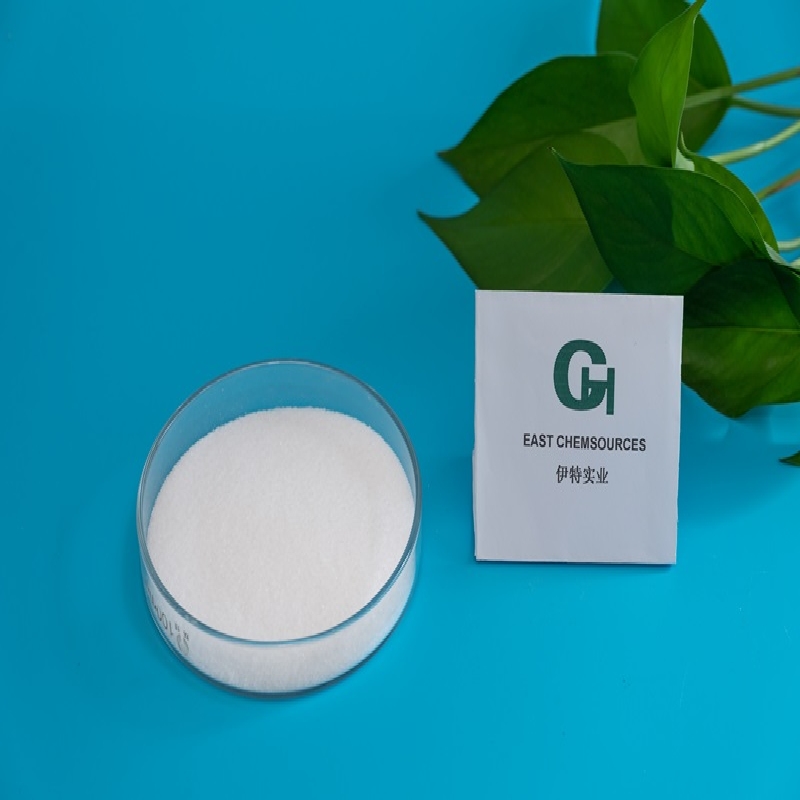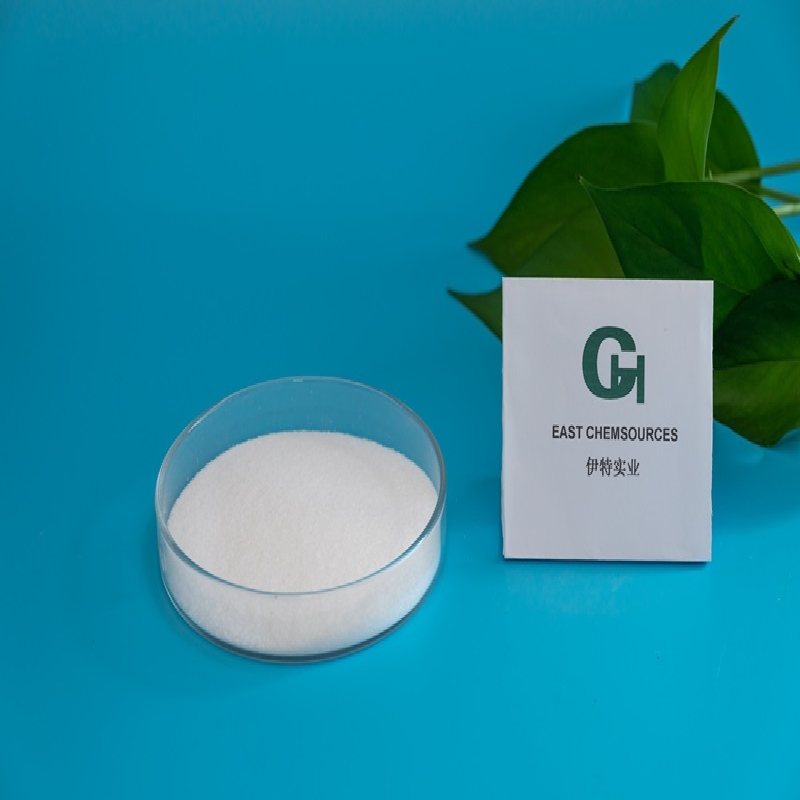-
Categories
-
Pharmaceutical Intermediates
-
Active Pharmaceutical Ingredients
-
Food Additives
- Industrial Coatings
- Agrochemicals
- Dyes and Pigments
- Surfactant
- Flavors and Fragrances
- Chemical Reagents
- Catalyst and Auxiliary
- Natural Products
- Inorganic Chemistry
-
Organic Chemistry
-
Biochemical Engineering
- Analytical Chemistry
- Cosmetic Ingredient
-
Pharmaceutical Intermediates
Promotion
ECHEMI Mall
Wholesale
Weekly Price
Exhibition
News
-
Trade Service
Background and Objective
"Mediterranean diet" refers to a healthy, simple, light and nutrient-rich dietThe purpose of this study was to explore the effects ofMediterranean Diet(MD) interventions on the metabolism, gut microbiome and systemic metabolomics of subjects with risk factors for metabolic diseaseshow to:In all, the researchers recruited 82 healthy, overweight and obese subjects who habitually ate less fruits and vegetables and stayed sedentary, all of whom participated in a parallel randomized controlled trial for eight weeksForty-three participants consumed MD tailored to their usual energy intake (MedD), and 39 participants maintained a regular diet (ConD)results
The MD diet in the MedD group succeeded in increasing the subjects' intake of fiber and animal proteinThe decrease in carnitine levels in plasma and urine confirmed its effectivenessCompared to the ConD group, the plasmacholesterol(main outcome) and fecal bile acid in the MedD group decreased significantly MD intervention resulted in an increase in the levels of The Phacryliadum prausnitzii, which degrades fibers, and an increase in microbial carbohydrate degradation genes associated with butyric acid metabolism Dietary changes in the MedD group led to increased urea in the urine, fecal bile acid degradation and insulin sensitivity associated with specific microbiomes conclusions
Switching subjects to MD while maintaining energy intake can reduce their blood cholesterol and lead to a variety of changes in their microbiome and metabolic groups that are associated with future strategies to improve metabolic health







